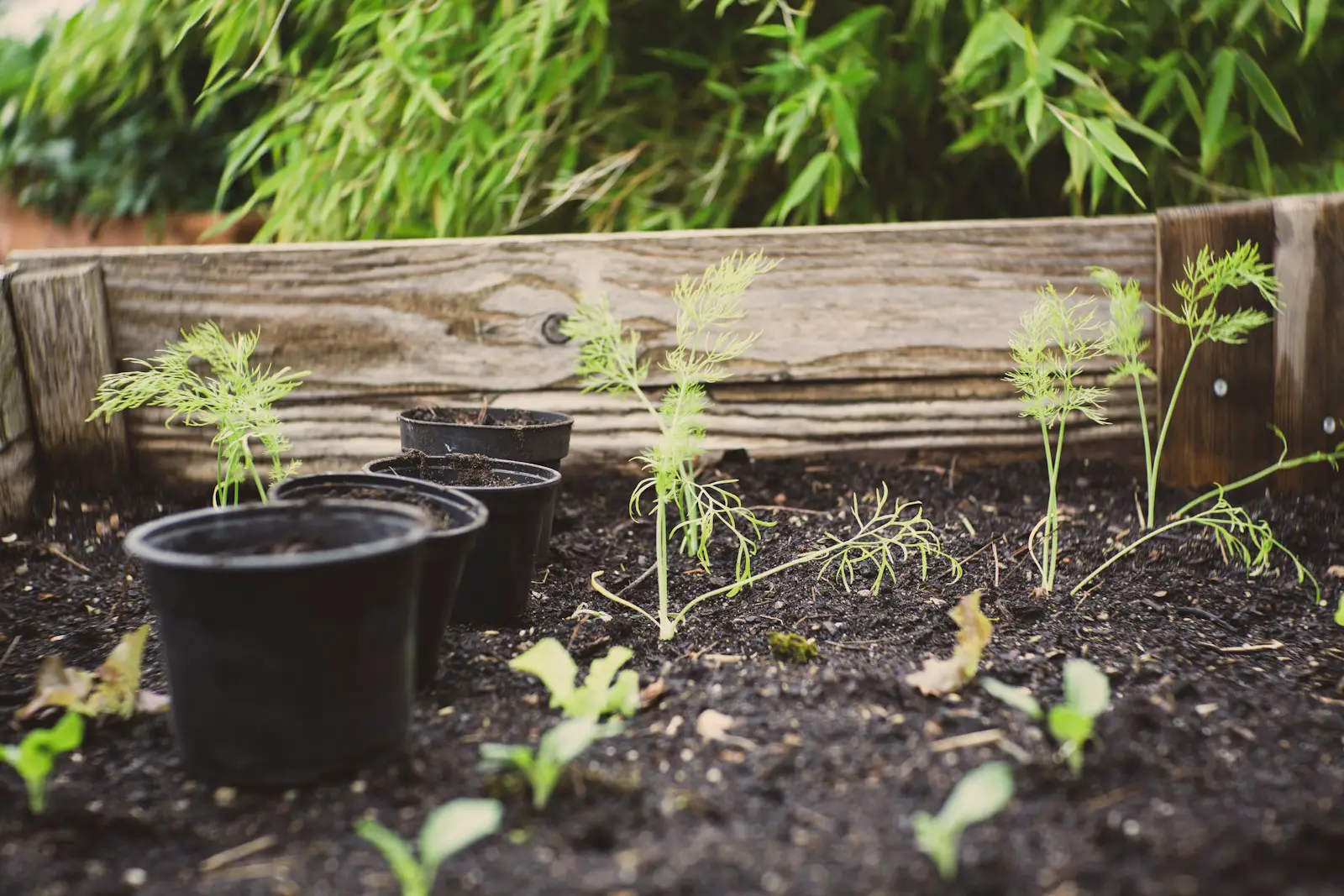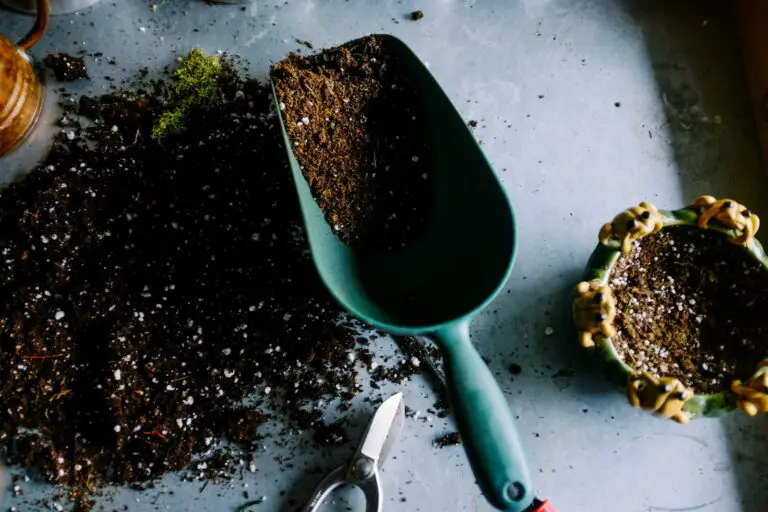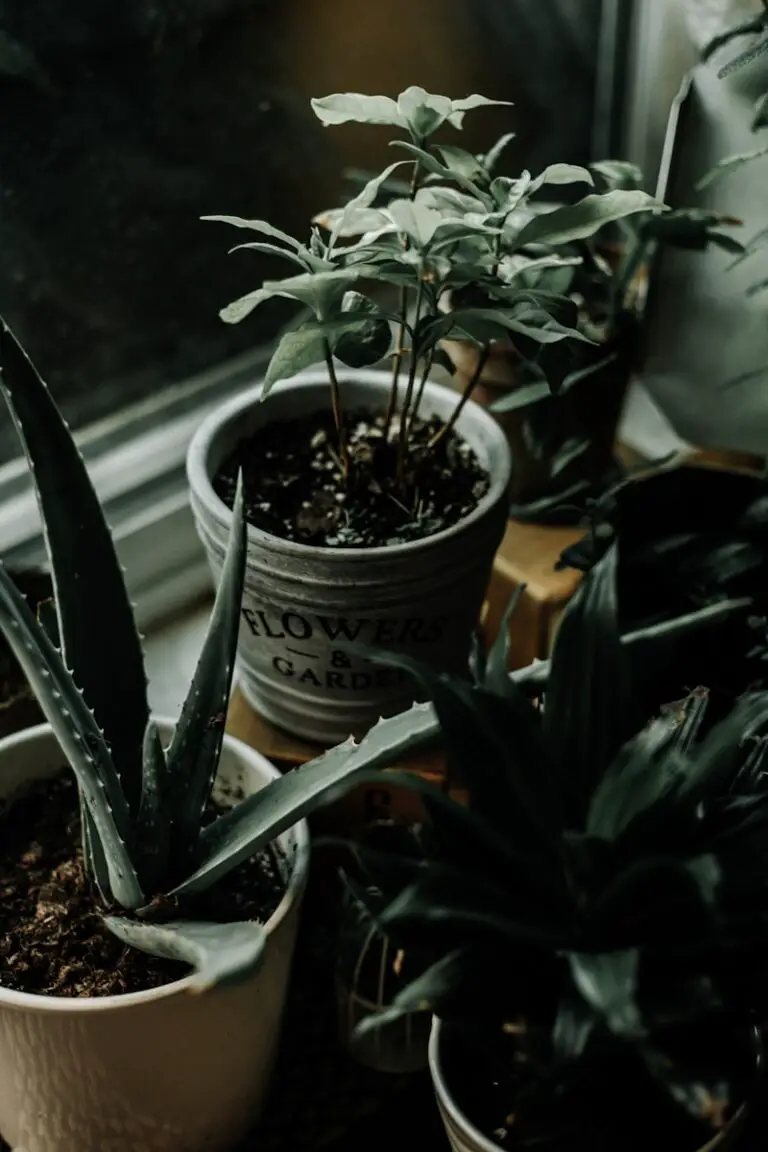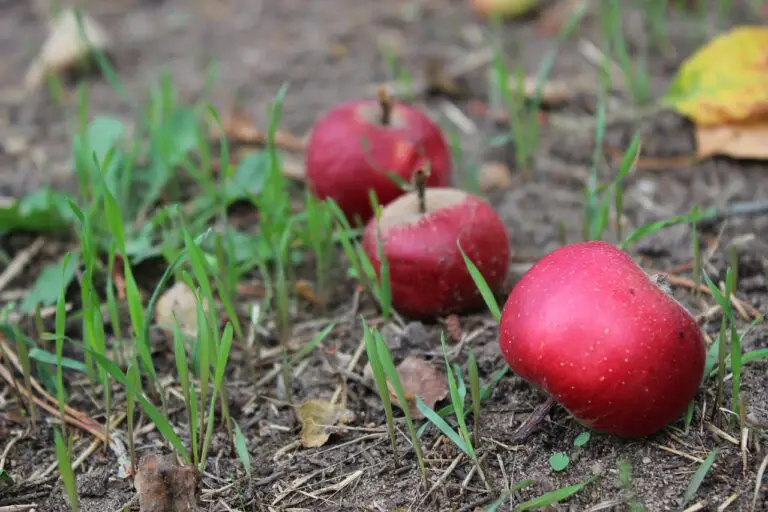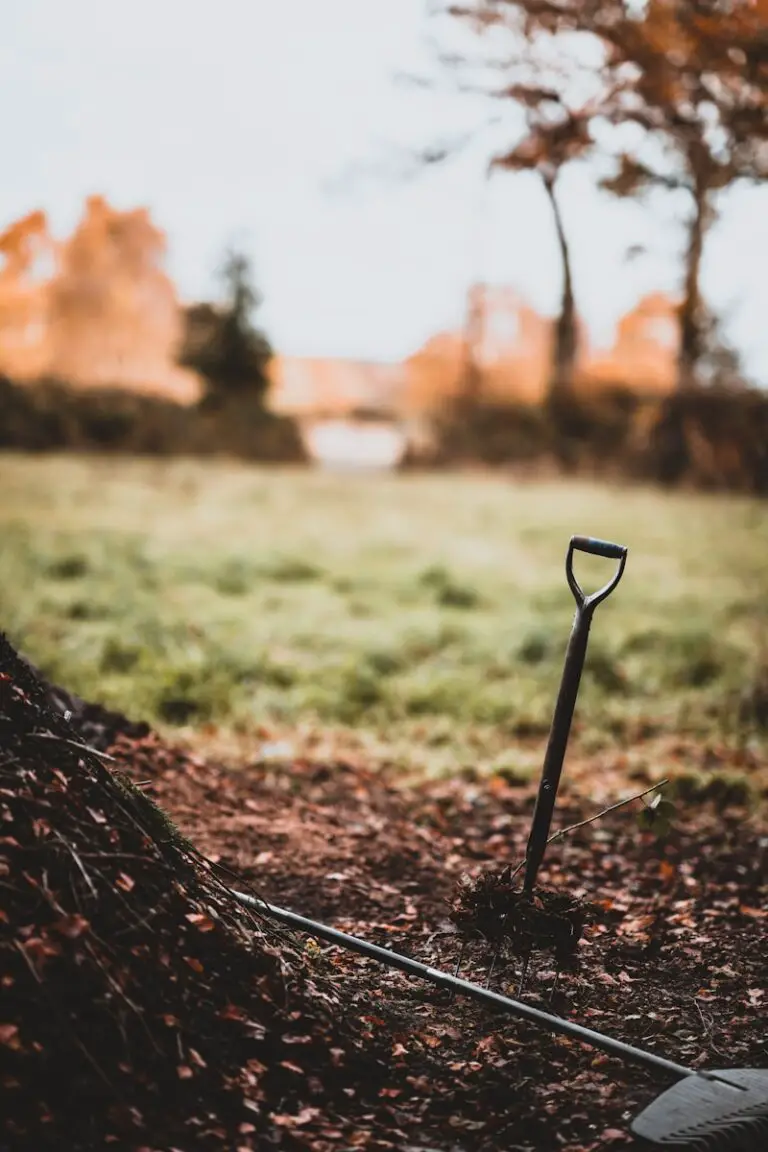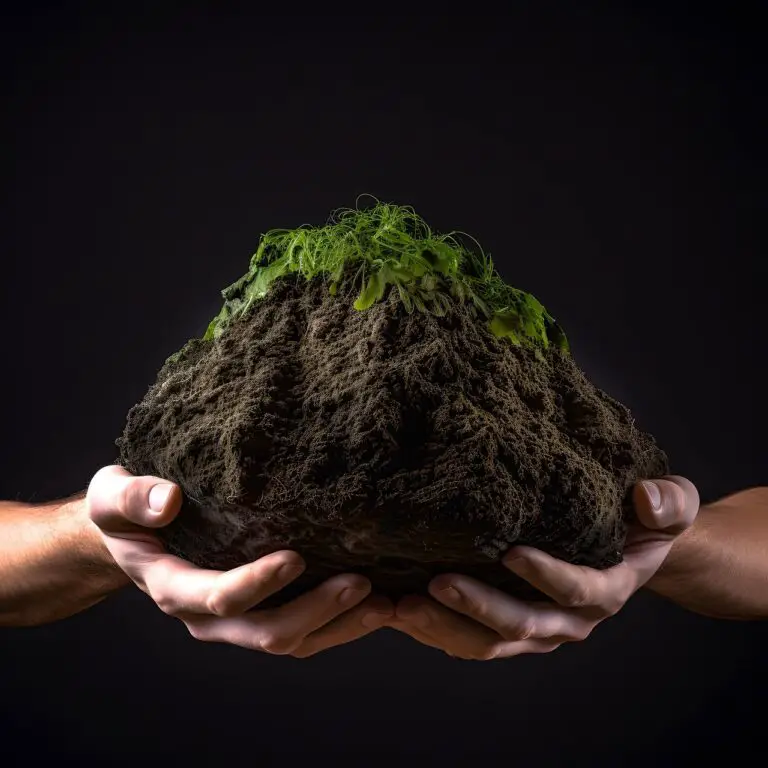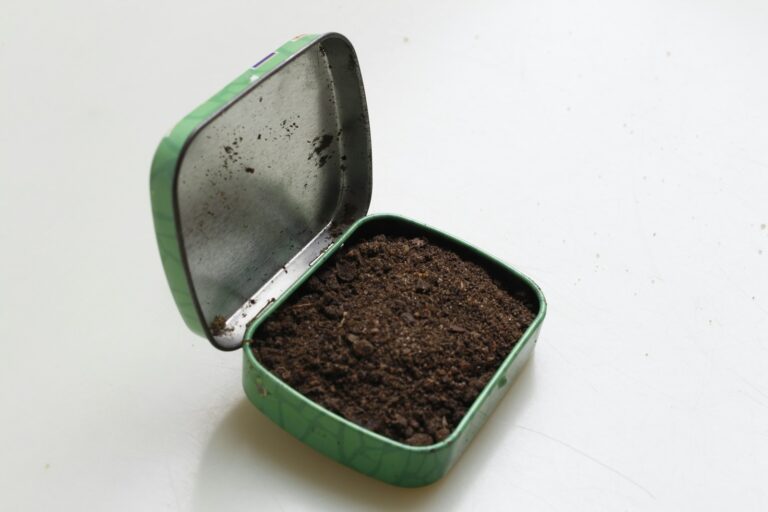Surprising Items You Can Compost in Your Garden
Composting is a core practice of sustainable gardening. It’s the art of turning organic waste into nutrient-rich soil, thus reducing our carbon footprint and fostering a healthier planet. While many of us are familiar with composting kitchen scraps like fruit and vegetable peelings, there are a plethora of other, less conventional items that can contribute to your composting efforts. By incorporating these into your compost pile, you not only enrich your soil but also divert waste from landfills. In this comprehensive guide, we’ll explore some of the most surprising items you might not have thought of composting.
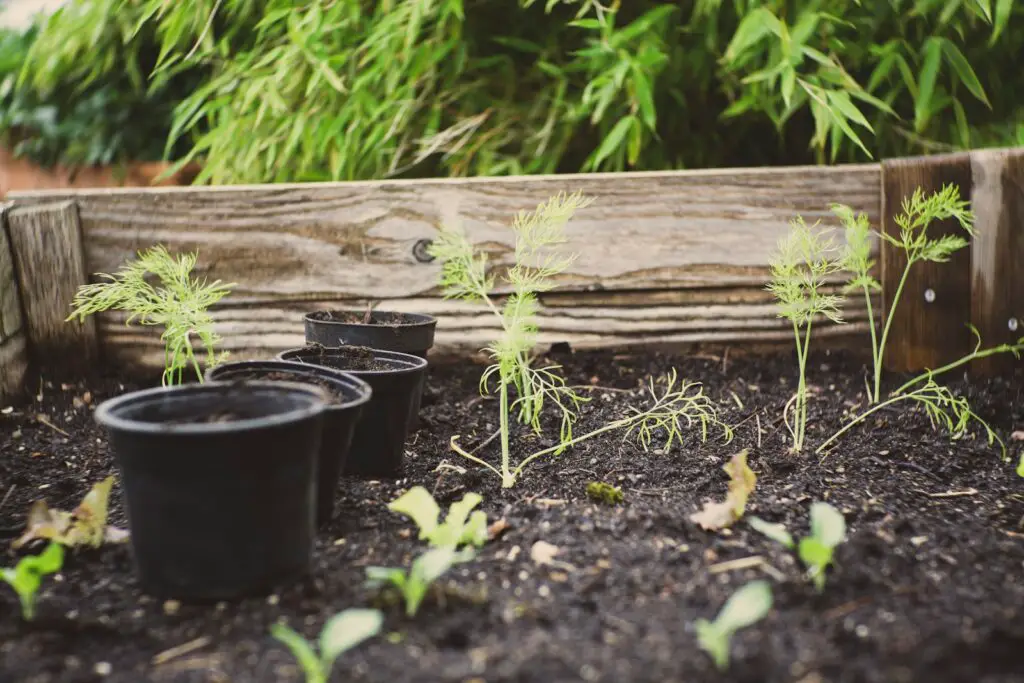
Unconventional Items for Composting
When most people think of composting, they picture food scraps and lawn clippings. However, a wider range of items can be repurposed in your compost pile. Here are some unusual candidates:
Tea Bags and Coffee Grounds
Tea bags, especially those made from natural fibers, can break down surprisingly quickly in your compost. The same goes for the coffee grounds that you might otherwise toss out. Both are high in nutrients and make a great addition to your compost, enriching the pile with nitrogen and some other trace elements that your plants love.
Dryer Lint and Shredded Paper
Dryer lint, typically comprised of natural fibers, and shredded paper can add carbon to your compost pile. They serve the same function as straw or sawdust and help balance the carbon-nitrogen ratio in your compost to avoid a soggy, smelly mess. However, be cautious with paper that’s got a glossy or wax finish, as they may contain harmful chemicals that are not suitable for a garden environment.
Hair and Pet Fur
The keratin in human and animal hair makes it a slow-to-decompose item that can balance the carbon in your compost and contribute to its aeration. Small amounts of hair and pet fur can be buried in the compost bin, ensuring a steady release of nitrogen as they break down, which aids in the decomposition process.
Nut Shells and Citrus Peels
While many guides suggest staying away from these items due to their slow degradation and potential to attract pests, when broken into smaller pieces, nut shells and citrus peels can be quite beneficial. They introduce calcium and organic material that can aerate the soil and enhance its structure over time.
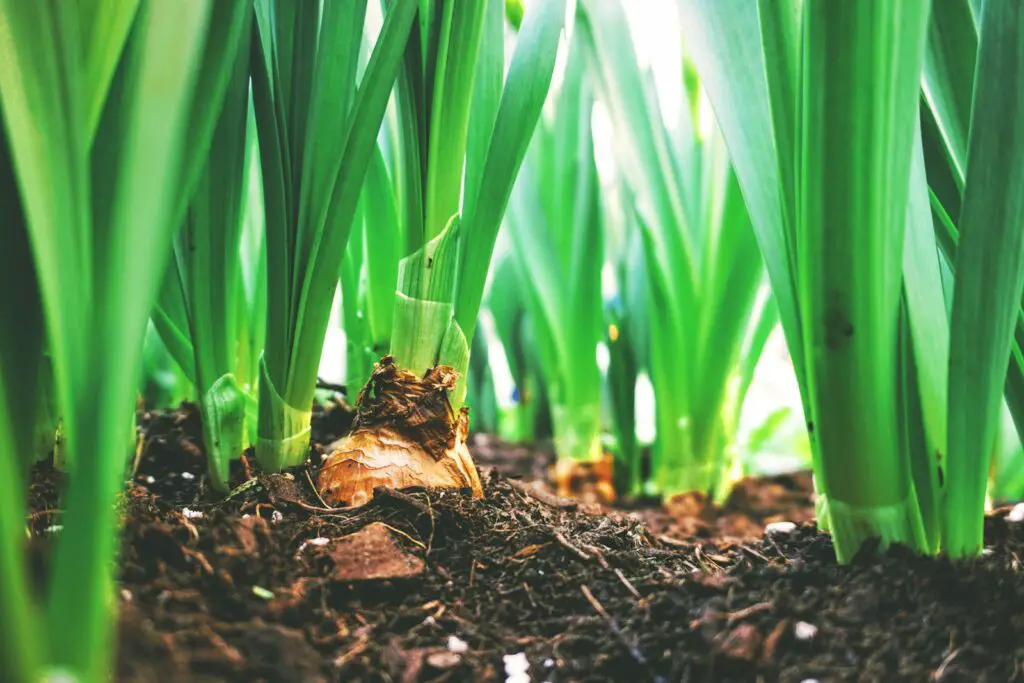
Benefits of Composting Unusual Items
Nutrient-Rich Soil
By diversifying your compost with such items, you create a more balanced compost mix. This blend translates to a richer, more diverse array of nutrients in your garden soil. This improved soil health will help your plants grow stronger and more resilient, with better disease resistance and nutrient uptake.
Reduced Waste in Landfills
One of the significant environmental benefits of composting is diverting waste away from already strained landfill systems. When you toss materials like tea bags and pet fur into your compost, you are significantly cutting down on household waste that would otherwise contribute to landfills.
Cost-Effective Gardening Solution
Composting serves as a brilliant, cost-effective solution for gardeners. By creating your own compost, you eliminate the need for buying expensive fertilizers and reduce your water usage, thanks to the improved water retention in compost-rich soil.
Tips for Successful Composting
Now that you’re familiar with what items you can compost, it’s important to learn how to do it effectively. Here are a few tips to ensure your composting efforts flourish:
Layering Techniques
For a balanced compost pile, layer items high in nitrogen with those high in carbon. This can mean alternating food scraps with dry leaves or, in the case of the unusual items mentioned, creating layers of citrus peels with dryer lint.
Monitoring Moisture Levels
Your compost should be as damp as a wrung-out sponge. Too much moisture will lead to a putrid smell, while too little will slow the decomposition process. Monitor and adjust moisture levels by adding water or drier materials as necessary.
Turning the Compost Pile Regularly
Aeration is critical to the success of your compost, as it helps in the breakdown of materials. Turn your compost pile every couple of weeks with a pitchfork to keep the process going. It also helps to combine new and old material regularly.
Conclusion
Composting is an essential practice for those looking to reduce their environmental impact and create a more sustainable living environment. By branching out and composting these surprising items, you join the ranks of innovative eco-gardeners. Revering nature means maximizing its potential, and as we’ve seen, that potential extends to a wide variety of items that might otherwise be discarded without a second thought. I hope this guide has inspired you to consider what else can be put to use in your garden and how a simple change can have a profound impact. Now, it’s time to roll up your sleeves and start composting your way to a greener future!

